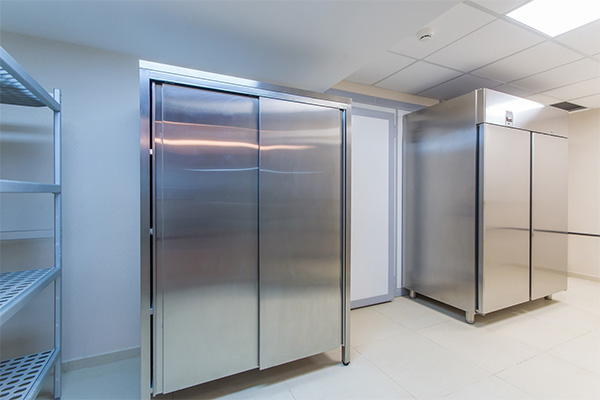
It goes without saying that the automotive industry requires the efficient and safe transportation of car parts. As a result, it’s essential that you make the right decisions when it comes to pallet material. After all, the material of pallets determines the condition and timeframe in which parts arrive. Previously, wooden pallets dominated the transportation scene. Since then, though, heavy-duty plastic pallets have gained traction thanks to their durability, sustainability, and other benefits. So, discover the advantages and disadvantages of plastic and wooden pallets to determine which are best suited for your operations.
Advantages of Plastic Pallets
Durability – Plastic pallets are resistant to splintering, breaking, and deterioration, meaning they can withstand harsh conditions and repeated use.
Lightweight – Typically speaking, plastic pallets are lighter than wooden pallets, which reduces shipping costs, especially for air freight. Similarly, this makes for easier handling and transportation.
Hygiene – Plastic pallets don’t absorb moisture, oils, or chemicals, which means they’re easier to clean and sanitize. This is very important when it comes to transporting car parts that need to remain free from contaminants.
Consistency – Plastic pallets are manufactured with precise specifications, meaning they promise consistent quality and performance. This also improves the reliability and safety of the pallets during transportation.
Sustainability – Plastic pallets tend to be crafted from recycled materials, and they can usually be recycled at the end of their lifespan. As a result, waste is reduced, and environmental sustainability is enhanced.
Disadvantages of Plastic Pallets
Initial cost – Generally speaking, plastic pallets are more expensive than wood to purchase. This can be a barrier for businesses with tight budgets.
Repairability – Typically, plastic pallets can’t be repaired. Although they’re more durable than their wooden counterparts, when they’re damaged, they simply need to be replaced.
Slipperiness – Plastic pallets can be more slippery than wooden ones, and this can be risky during handling and transportation. Despite this, many plastic pallets are designed with anti-slip surfaces to prevent this problem from presenting itself.
Advantages of Wooden Pallets
Cost-effective – Generally speaking, wooden pallets are cheaper to produce and purchase than plastic ones. As a result, they’re a great option for businesses looking to minimize upfront costs.
Availability – Wooden pallets are widely available and can be sourced from all sorts of suppliers. Therefore, it’s easy for businesses to replenish their pallet inventory as and when they need to.
Repairability – Wooden pallets can easily be repaired. A couple of replacement boards and some simple tools tend to be all you need.
High load capacity – Wooden pallets can bear heavy loads, which makes them perfect for transporting large and bulky car parts.
Disadvantages of Wooden Pallets
Durability – Wooden pallets often splinter, break, and deteriorate over time. This results in increased replacement parts and potential damage to car parts during transportation.
Weight – Wooden pallets are heavy, which can lead to higher shipping costs, especially for air freight.
Hygiene issues – Wooden pallets can absorb moisture, oils, and chemicals, which makes them susceptible to mold, mildew, and contamination. This is of particular concern for industries with strict hygiene standards.
Inconsistent quality – The quality of wooden pallets can vary significantly depending on the type of wood used and the manufacturing process. This inconsistent quality can affect the reliability and safety of pallets.
The Verdict
Ultimately, plastic pallets are the perfect solution for long-term, high-volume use. On the other hand, wooden pallets are best for short-term, budget-conscious use. So, you need to consider your priorities when deciding which pallet material is best suited to you. Weigh up the above points to determine where you’re at with your transportation practices.
Keep an eye for more latest news & updates on Buzz Telecast!





